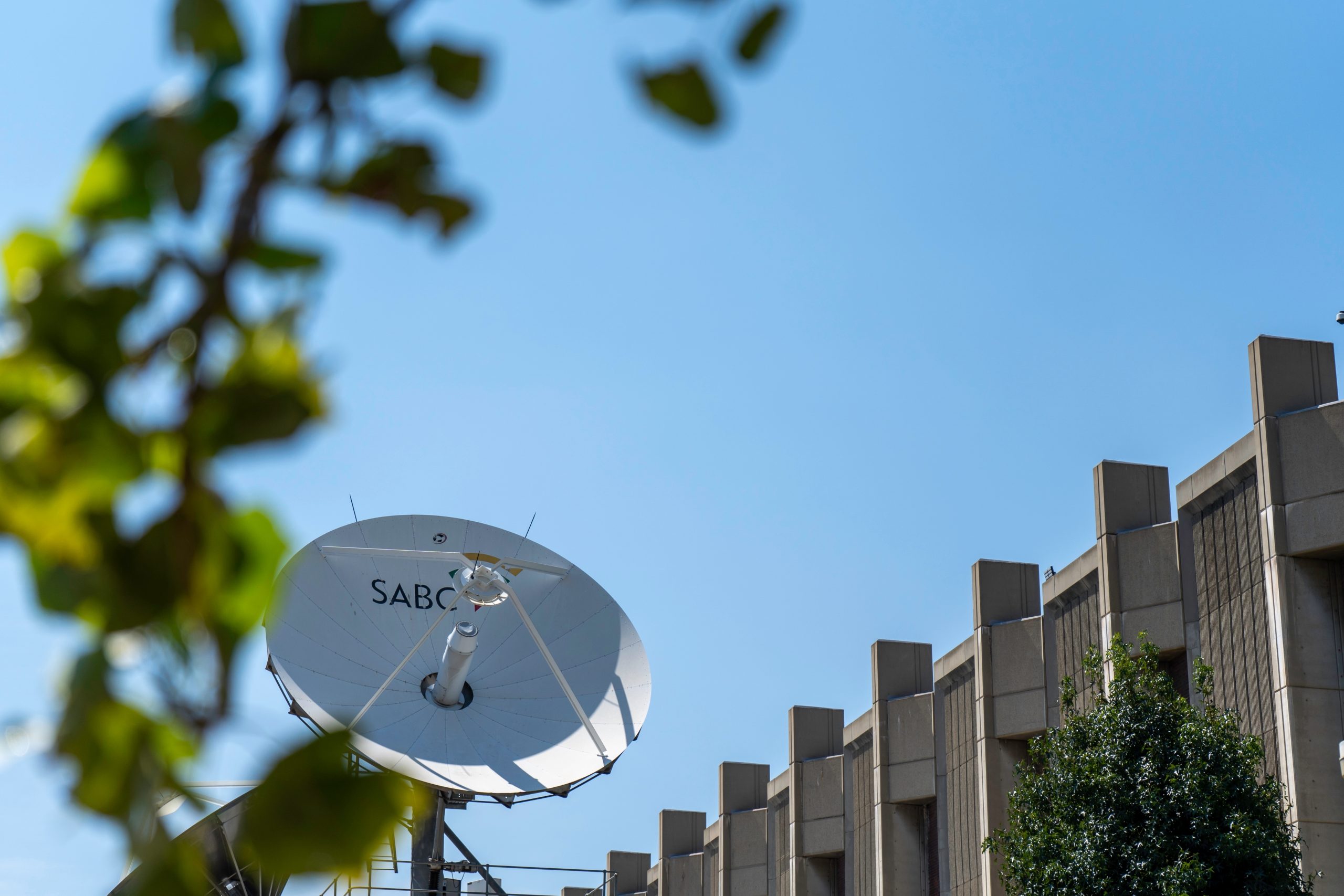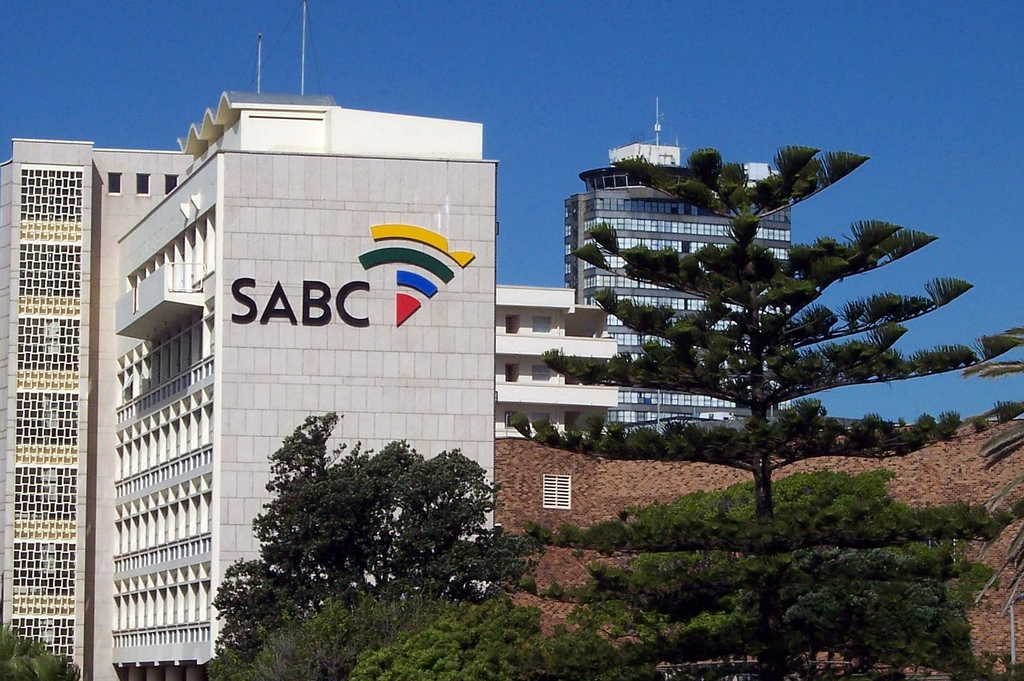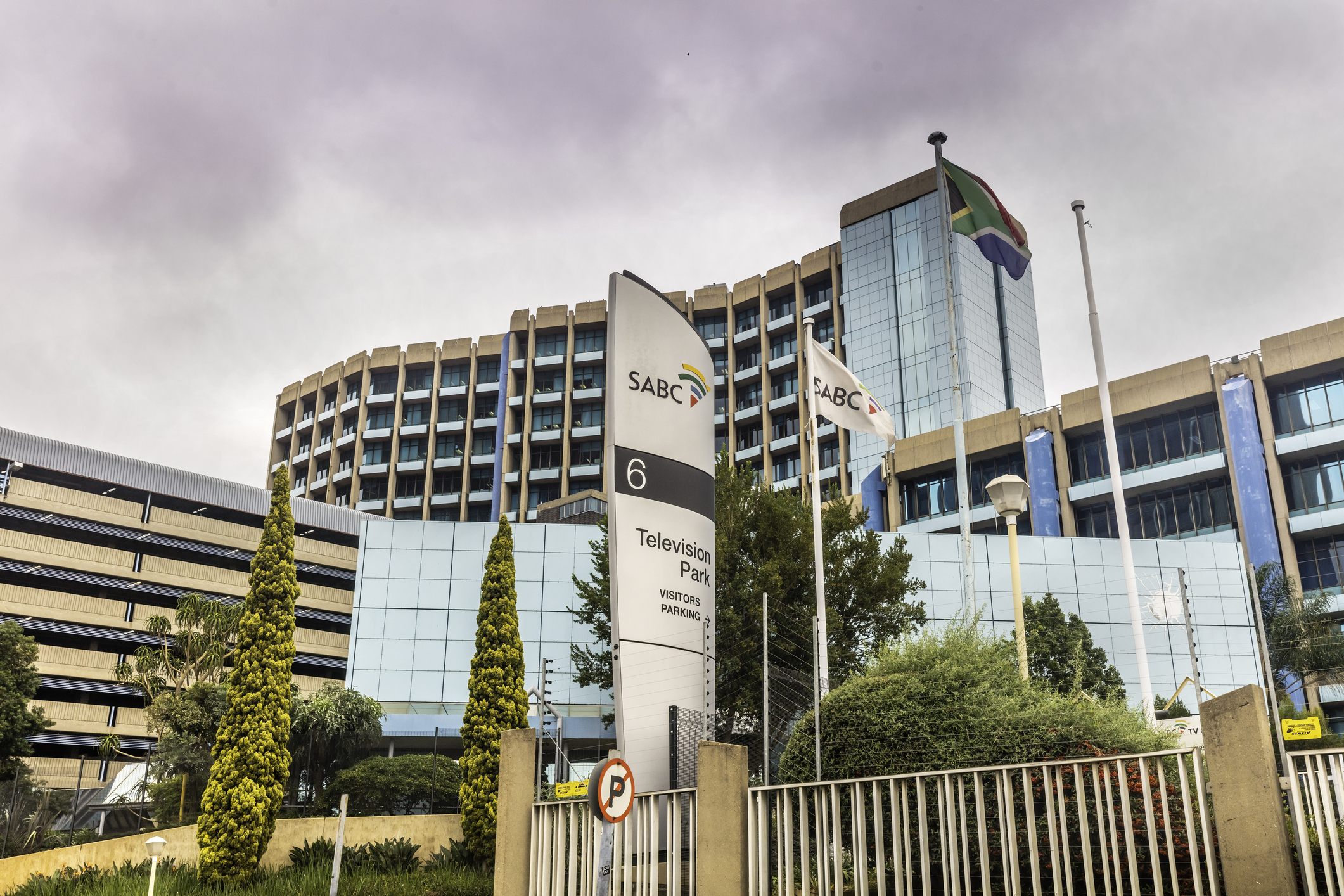Will South Africa’s long-awaited analogue switch-off still go ahead?
13th May 2022
The switch-off’s initial 31 March deadline was pushed back to June due to lack of preparedness, but new legal action is seeking to delay the move even further.

Two groups invested in South Africa’s public service media are appealing to the Constitutional Court to have the country’s analogue switch-off delayed once again.
In March, the Pretoria High Court made a ruling which saw the initial 31 March deadline extended until 30 June. At the time, the court recognised that numerous households would be left without access to free-to-air television, which includes the public media organisation, SABC, if the switch-off had taken place.
But at the time, there were concerns from both the national broadcaster and smaller regional TV stations that an additional three months would not be long enough to resolve the problem.
“We are enormously relieved that the court has chosen to take a more sensible route with the [analogue switch off], however we think that three months is not really enough time, and we are really wanting further engagement with the minister,” said Karen Thorne, Cape Town TV Station Manager.
New legal action looking to halt the switch-off is now being undertaken by Media Monitoring Africa (MMA) and SOS Save Our Public Broadcasting Group (SOS). They are arguing that if the migration goes ahead, many households will still be left without the ability to access digital TV, which is a breach of their fundamental right of freedom of expression.
Read more: High Court postpones digital TV migration after pushback
The government has argued that the switch-off cannot keep being delayed, and after years of building up to the digital switchover, it needs to finally happen. But William Bird, the Director of MMA, told PMA this could only occur when it was guaranteed that “millions of South Africans are not left watching snow and having their right to access to information violated.
Who will be affected by the switch-off?
Over the last year, South Africa’s government has been working to ensure households are prepared for when the switch-off occurs. For poor households that rely on analogue TV, the government introduced a subsidy to pay for their installation of set top boxes (devices which can convert digital signals to analogue).
1.2 million households applied for the subsidy before the deadline of October 2021, with the government promising the set top box would be installed before the switch-off. But there are fears that this will not be completed on time. Mr. Bird told PMA the current deadline was simply not feasible.
“[The] Government needs to roll out an effective installation strategy and get additional set top boxes [and] they need to be monitored and verified.” – William Bird, Director of Media Monitoring Africa
“Even on the numbers provided by government there is no way they will meet even the 1.2 million households that registered,” he said. “Going on the figures provided by government in their last update they are installing roughly 10,000 a month. They still have around 400,000 to go.”
But it will not only be the households awaiting installation who could be cut off. A further 260,000 households applied for the subsidy after the October deadline, but they will only have their set top boxes installed in the three moths after the switch-off occurs. Meanwhile, households that can afford to purchase their own set top box (and therefore ineligible for the subsidy) could be affected by a global shortage of chipsets which is holding up the rollout of the devices.
“Then there are still the remaining 2.3 million households,” said Mr. Bird, referring to the number of people who are eligible for the set top box subsidy but have not signed up. “Switching them off would be catastrophic for them and for the SABC.”
MMA and SOS have criticised the government for not undertaking any investigation “to determine how many people will be plunged into television darkness” after the analogue switch-off.
Now, instead of trying to rush it through and leave many without access to free-to-air television, Mr. Bird said “[The] Government needs to roll out an effective installation strategy and get additional set top boxes [and] they need to be monitored and verified.”
The Communications Minister, Khumbudzo Ntshavheni, responsible for the switch-off, did not respond to a PMA request for comment.

What are the implications of the switch-off?
If the government does not install all the set top boxes in time, and the switch-off goes ahead on its current schedule, there will be serious consequences for many households. MMA and SOS will argue to the Constitutional Court that it will infringe on citizens “‘right to freedom of expression’ which includes ‘the freedom to receive or impart information or ideas.’”
In particular, citizens will not be able to access South Africa Broadcasting Corporation (SABC) content, which provides an essential public service. SABC itself has advocated for extending the switch-off to allow more people to make the transition. These comments were criticised by Ms. Ntshavheni.
The Minister has recently tried to settle fears that the switch-off will leave communities cut off and isolated. “We commit to say we will not leave any village, any household, it does not matter which valley we have to cross, we are going to make sure that everybody is connected,” Ms. Ntshaveheni told SABC. “Even after we have a switch-off we will continue.”
Mr. Bird accepted that the government did need to eventually move away from analogue “to free up the spectrum”. But he argued that if the government had been working on this for the past eight years, it would not be in the situation it was now.
MMA and SOS will appear in court on 20 May. PMA will keep monitoring the case.
Related Posts
4th April 2022
South Africa: High Court postpones digital TV migration after pushback
South Africa’s digital TV switchover…
18th August 2021
Media freedom concerns surround South Africa’s public broadcaster
The presence of military personnel at…
